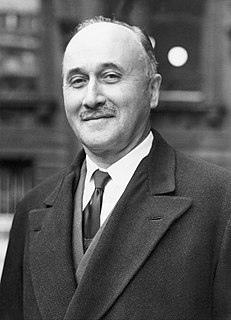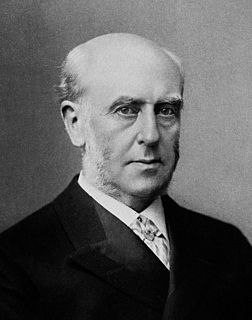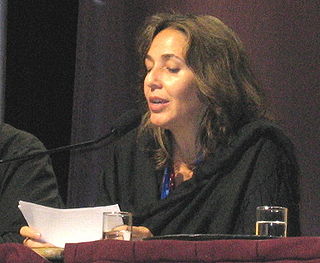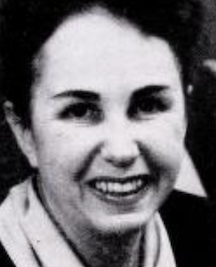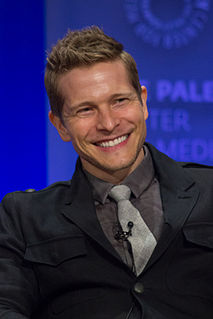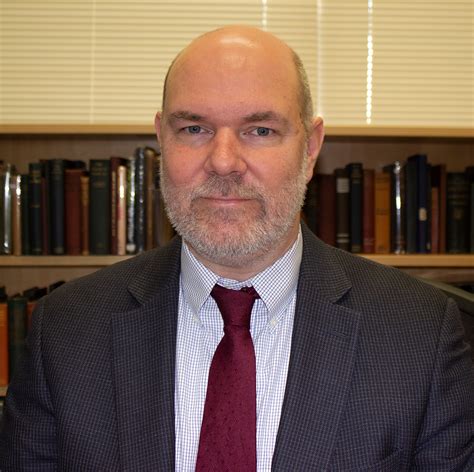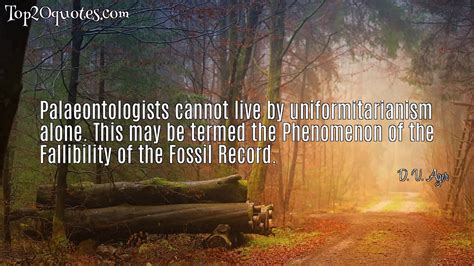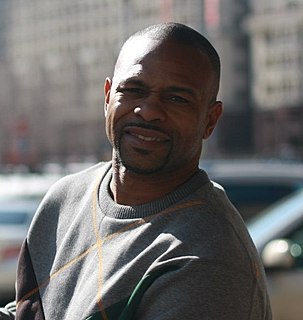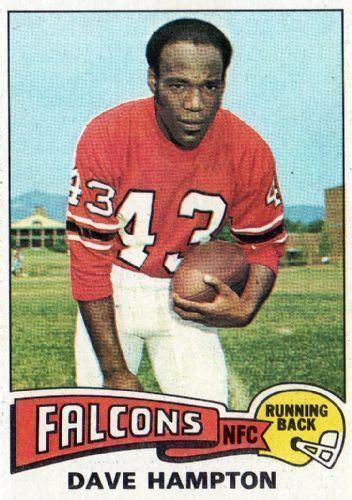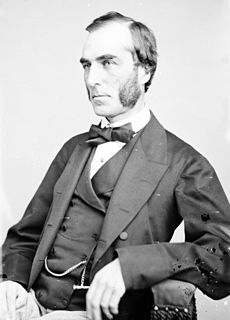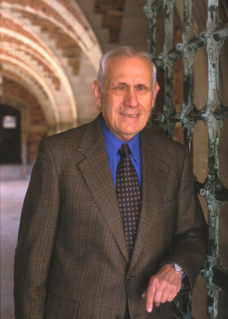Top 1200 Economic History Quotes & Sayings - Page 18
Explore popular Economic History quotes.
Last updated on October 8, 2024.
There will be no peace in Europe if the States rebuild themselves on the basis of national sovereignty, with its implications of prestige politics and economic protection... The countries of Europe are not strong enough individually to be able to guarantee prosperity and social development for their peoples. The States of Europe must therefore form a federation or a European entity that would make them into a common economic unit.
Oral history is a research method. It is a way of conducting long, highly detailed interviews with people about their life experiences, often in multiple interview sessions. Oral history allows the person being interviewed to use their own language to talk about events in their life and the method is used by researchers in different fields like history, anthropology and sociology.
I support a very active programme on disarmament and arms control for Iraq, and of course every other country in the world... That does not require economic sanctions...I think we've got to take the risk and give up economic sanctions while hanging on to the disarmament programme and allow the Iraqis to get on with rebuilding their country.
In the meantime, we have just incredible economic disparities and economic despair in this country and an entire generation that is basically held hostage in debt without the jobs to get out of it. And this is not a world that's working for us, and the climate is going up in flames right now, and the wars are expanding, and we've got 2,000 nuclear weapons on hair-trigger alert. This is not a good picture, and I think the American people are discovering that.
I believe we have made a decision now that will permit us to create an economic order in the world that will promote more growth, more equality, better preservation of the environment, and a greater possibility of world peace, we are on the verge of a global economic expansion that is sparked by the fact that the United States at this critical moment decided that we would compete, not retreat.
China is a main energy consumer and, therefore, is also a big greenhouse gas emitter. We must use energy resources rationally and must conserve. This needs us to adjust our economic structure, transform the mode of development, to make economic development more dependent on progress of science and technology and the quality of the work force.
Just as it wouldn't be right to only to have an economic dialogue with China, equally you shouldn't restrict your dialogue solely to issues around, say, human rights. You can raise all those issues, and that is what reflects a mature discussion. So I don't think essentially we have to choose between being partners in China's economic development and being proud defenders of British values.
All of the government's monetary, economic and political power, as well as its extensive propaganda machinery, will be enlisted in a constant battle to drive down the price of gold - but in the absence of any fundamental change in the nation's monetary, fiscal, and economic direction, simply regard any major retreat in the price of gold as an unexpected buying opportunity.
Up to now, economic development has always meant that people, instead of doing something, are enabled to buy it... Economic development has also meant that, after a time, people must buy the commodity because the conditions under which they could get along without it had disappeared from their physical, social, or cultural environment.
We need to use economic instruments such as carbon taxes, cap and trade, tax and dividend and whatever else to help incentivize behavior that will move us to a post-carbon, post-animal agriculture world, and make our societies more resilient to the shocks that are already baked into the system. But that doesn't make climate change an "economic issue."
In history there are no control groups. There is no one to tell us what might have been. We weep over the might have been, but there is no might have been. There never was. It is supposed to be true that those who do not know history are condemned to repeat it. I don't believe knowing can save us. What is constant in history is greed and foolishness and a love of blood and this is a thing that even God--who knows all that can be known--seems powerless to change.
Cuba is a poor country. Most of the Cubans who leave only do so if they can find better economic conditions elsewhere. That's why we need changes. We have to offer incentives to keep people here. We have to create more attractive policies for young people, so that it also makes economic sense for them to stay. We need growth and a better quality of life for everyone.
We are seeing, we have seen in the last figures a significant drop in the number of net migrants coming into the United Kingdom. So we are cutting out abuse, we've restricted the number of economic - non-EU economic migrants. We're cutting out abuse across the student visa system, particularly, and we're having an impact.
If China stood on an equal basis with other nations, she could compete freely with them in the economic field and be able to hold her own without failure. But as soon as foreign nations use political power as a shield for their economic designs, then China is at a loss how to resist or to compete successfully with them.
Donald Trump wants to dramatically reduce America's corporate tax rate (to 15%) and thereby unleash economic growth. Hillary Clinton hasn't said a word about lowering corporate tax rates. Being a Fedzillacrat, you don't need to be an economic soothsayer to know that she supports taxing the producers and further strangling America's anemic economy.
Building on the public's unwillingness to act on principle in support of market solutions to apparent problems, whether real or imagined, these interest groups secure arbitrary restrictions on voluntary exchanges and, in the process, secure rents for their members while reducing both the liberties and economic well being of other members of the economic nexus, both domestically and internationally.
In the preface to his great History of Europe, H. A. L. Fisher wrote: "Men wiser than and more learned than I have discerned in history a plot, a rhythm, a predetermined pattern. These harmonies are concealed from me. I can see only one emergency following upon another as wave follows upon wave ..." It seems to me that the same is true of the much older [geological stratigraphical] history of Europe.
I think comedy allows people to accept the more difficult parts of history. And history, if it's presented wrong, is just very depressing, particularly the history of slavery. If slavery is presented properly, it's a great story. But I think that within the commercial world of storytelling in which I live, there haven't been many strong works that discuss slavery in ways that are palatable and funny and interesting to the reader.
If Mother Culture were to give an account of human history using these terms, it would go something like this: ' The Leavers were chapter one of human history -- a long and uneventful chapter. Their chapter of human history ended about ten thousand years ago with the birth of agriculture in the Near East. This event marked the beginning of chapter two, the chapter of the Takers. It's true there are still Leavers living in the world, but these are anachronisms, fossils -- people living in the past, people who just don't realize that their chapter of human history is over. '
The three pillars of development (economic, social and environmental) must be strengthened together. But it is evident that two of the pillars - economic and social - are subsidiary to, and underpinned by, the third: a vibrant global ecology. Neither dollars nor our species will out-survive our planet. The earth can survive happily without people or profit
My book, Oral History: Understanding Qualitative Research is about how researchers use this method and how to write up their oral history projects so that audiences can read them. It's important that researchers have many different tools available to study people's lives and the cultures we live in. I think oral history is a most needed and uniquely important strategy.
